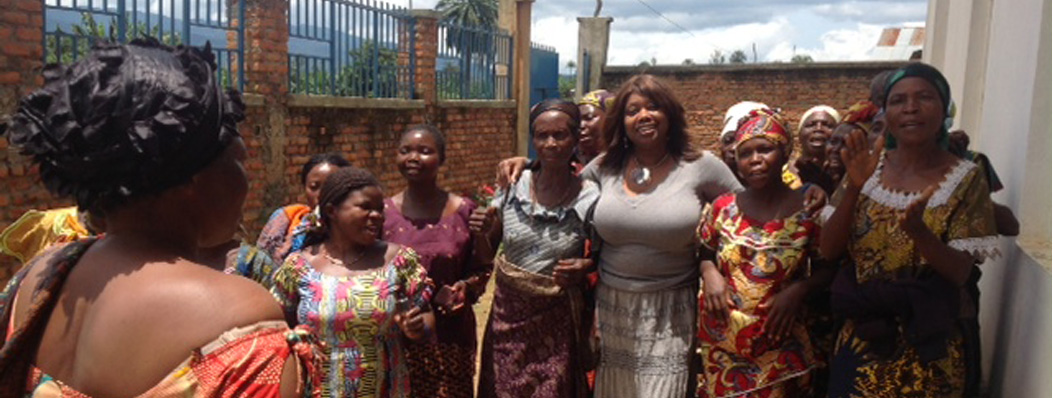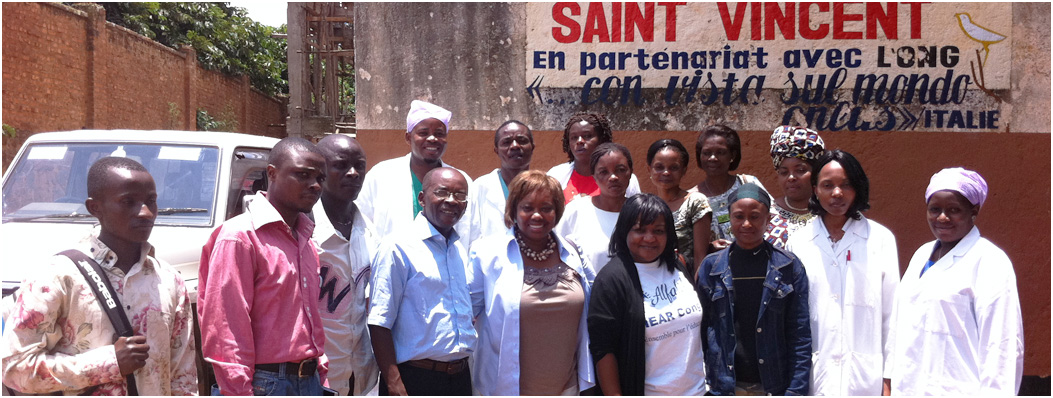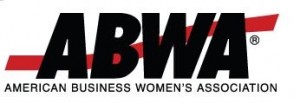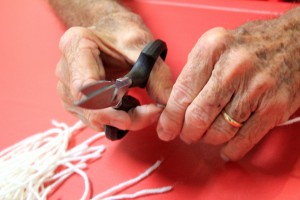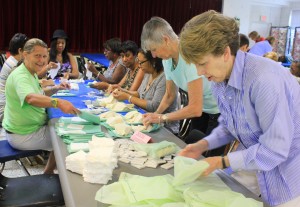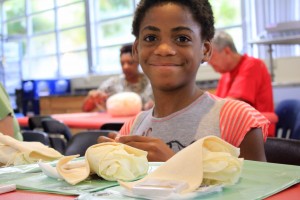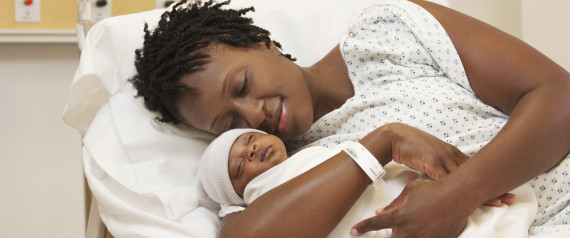When it comes to breastfeeding, a persistent racial disparity exists: Black mothers have lower breastfeeding rates than white mothers. In 2010, 62 percent of American black babies were breastfed at birth, compared to 79 percent of white babies. A new study by the Centers for Disease Control and Prevention may provide some insight into a possible cause of this discrepancy.
Turns out, certain hospitals that serve black communities are failing to fully support breastfeeding. In its most recent Morbidity and Mortality Weekly Report, the CDC reported that hospitals may play a role in the racial discrepancies. The CDC found that facilities in zip codes with more than 12.2 percent black residents were less likely than hospitals in zip codes with fewer black residents to meet five of 10 indicators that show hospitals are supporting breastfeeding.
The CDC looked at the 10 indicators it identified in its 2011 Maternity Practices in Infant Nutrition and Care (mPINC) survey. They include: educating mothers and health care staff properly, helping mothers initiate breastfeeding within one hour of birth and making sure not to give pacifiers or artificial nipples to infants. The researchers coupled these mPINC indicators with U.S. Census data to analyze 2,643 hospitals across the country. No other racial groups were studied.
Given that most babies in the United States are born in a hospital, the short time that a mother and a newborn spend there can have a long-lasting effect on breastfeeding, Jennifer Lind, who holds a doctor of pharmacy and was the lead researcher on the CDC study, told The Huffington Post.
“We’re not really sure all of the reasons why there’s this persistent disparity,” she said. “We know that maternity care practices play an important role in women being able to start and continue breastfeeding, so we wanted to look to see if maybe some of the disparities are starting in the maternity care time periods.”
The CDC found that facilities in zip codes with more than a 12.2 percent black population were much less likely to implement three specific mPINC indicators: helping mothers initiate breastfeeding early on (46 percent compared with 59.9 percent), having infants spend the majority of their time in the same room as their moms, or “rooming-in” (27.7 percent compared with 39.4 percent), and and limiting what infants eat or drink to only breast milk (13.1 percent compared with 25.8 percent).
“Hospital practices during that childbirth period have a major impact on whether a mother is able to start and continue breastfeeding,” Lind said. “So it’s very important that hospitals support mothers in their breastfeeding decisions and follow the recommended policies that have been proven to support breastfeeding.”
The CDC’s findings may contextualize the consistently lower rates of breastfeeding in the black community, as people are usually admitted to hospitals close to where they live, according to the CDC.
However, Pat Shelly, director of The Breastfeeding Center, an organization that promotes lactation education, said that the racial discrepancy may have more to do with socioeconomic factors than simply race.
“Education, money and family support are huge equalizers,” Shelly told The Huffington Post, citing breastfeeding education, access to high-quality healthcare and poor nutrition as possible factors that affect breastfeeding rates.
“All mothers really don’t have a true choice, so that’s really what we’re looking for, particularly amongst black women and particularly with our low-income sisters,” Kimberly Seals Allers told HuffPost Live yesterday in light of the second annual Black Breastfeeding Week.
Allers, a breastfeeding advocate who organized the awareness week specifically for black mothers, said that social stigma may play a role as well. She said she was told “breastfeeding is for poor people” and questioned about whether her baby was eating enough when she started to breastfeed her first child. She also cited formula marketing strategies, myths like breastfeeding leads to breast cancer (it actually has been shown to lower the risk), and a lack of black mothers in breastfeeding marketing and education materials as hindrances to breastfeeding in the black community.
The American Academy of Pediatrics considers breastfeeding and human milk the“normative standards for infant feeding” and recommends exclusive breastfeeding for a baby’s first six months. But the lower rates of breastfeeding in the black community remain an unsolved issue. The CDC is currently funding a three-year project with the National Initiative for Children’s Healthcare Quality that aims to increase breastfeeding at 89 hospitals in low-income areas.
Shelly, like Allers, emphasized that hospitals can only do so much before other factors come into play, like preconceptions about breastfeeding, family influence, professional support and a need for a mother to return to work soon after the baby is born.
“There are times that the hospital can be doing its job, but what about afterward, once breastfeeding is really getting started?” Shelly said.
Watch the conversation on HuffPost Live Here





